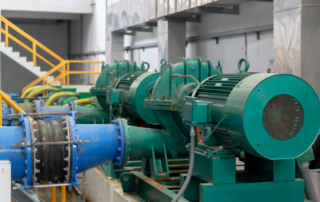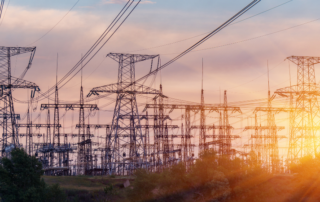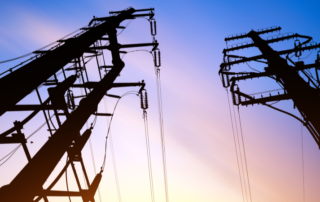PJM’s Capacity Price Increase For 2025/2026: What It Means For Your Business & Energy Costs
PJM's capacity prices are set to rise dramatically for the 2025/2026 delivery year, leading to higher electricity costs for businesses. This blog explains the factors behind the price increase, how it impacts your energy bills, and strategies you can use to mitigate these rising costs.
Power, Factor, Reactive Power, And Power Factor Correction
Power factor directly influences energy efficiency and costs for businesses, making it a critical concept in energy management. In this blog, you'll learn about power factor, the benefits of correcting it, and how improving it can lead to significant savings on your energy bills.
Understanding Line Losses In Energy Transmission And How They Affect Your Electricity Rates
Electricity transmission isn't perfect—some energy is lost as it travels from power plants to your business. In this blog, we'll break down line losses, how they affect your energy costs, and what you can do to minimize their impact.
Time-of-Use (TOU) Rates: How They Affect Your Business Energy Strategy
Time-of-use electric rates are an innovative approach to energy pricing, encouraging consumers to shift their electricity usage to off-peak hours. This article explores the benefits and challenges of time-of-use rates, highlighting their potential to enhance grid efficiency and reduce overall energy costs.
How Utility Revenue Decoupling Works And Affects Utility Rate Setting Practices
Utility revenue decoupling legislation represents a significant shift in how energy providers align their financial incentives with energy efficiency and conservation goals. This article delves into the implications of decoupling policies, examining their potential to transform utility business models and promote sustainable energy practices.
Emissions Markets: What Are They And How Do They Work?
Emissions markets are innovative systems designed to reduce greenhouse gas emissions by assigning a cost to pollution. This blog explores how these markets operate, the mechanisms behind cap-and-trade and carbon credits, and their effectiveness in driving environmental sustainability and compliance with regulatory standards.





